Industry News
-
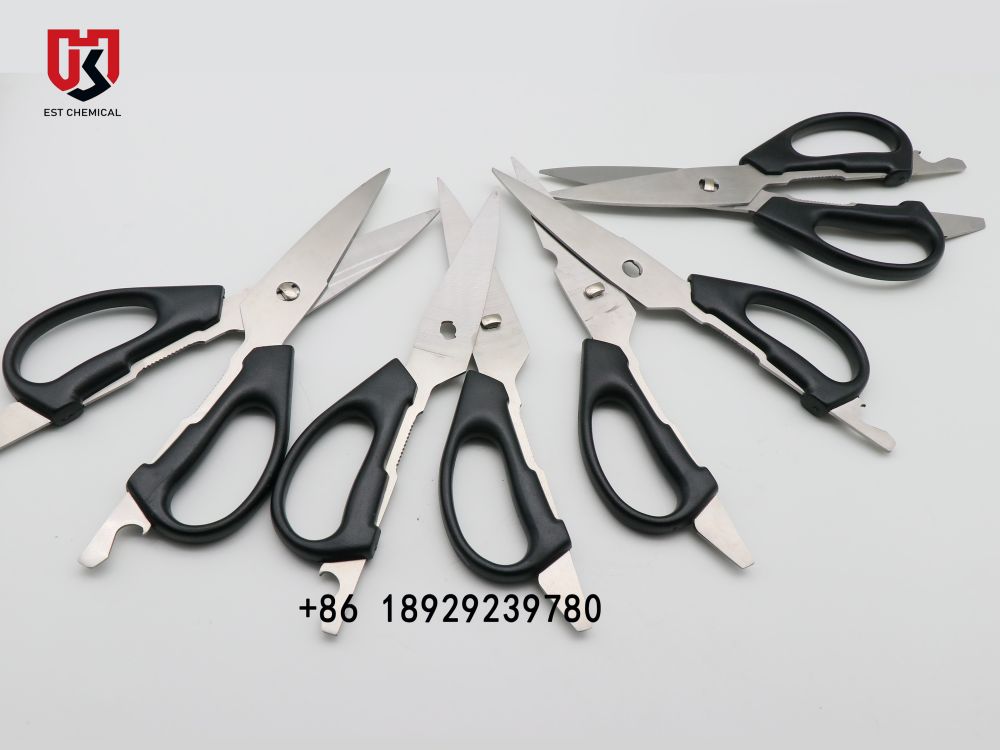
Difference between Chemical Polishing and Electrolytic Polishing of Stainless Steel
Chemical polishing is a common surface treatment process for stainless steel. In comparison to the electrochemical polishing process, its main advantage lies in its ability to polish complex-shaped parts without the need for a DC power source and specialized fixtures, re...Read more -

Stainless steel doesn’t rust, right? Why bother with passivation?
Stainless steel can be easily misunderstood based on its name – stainless steel. In reality, during processes such as machining, assembly, welding, and weld seam inspection, stainless steel can accumulate surface contaminants such as oil, rust, metal impurities, welding ...Read more -
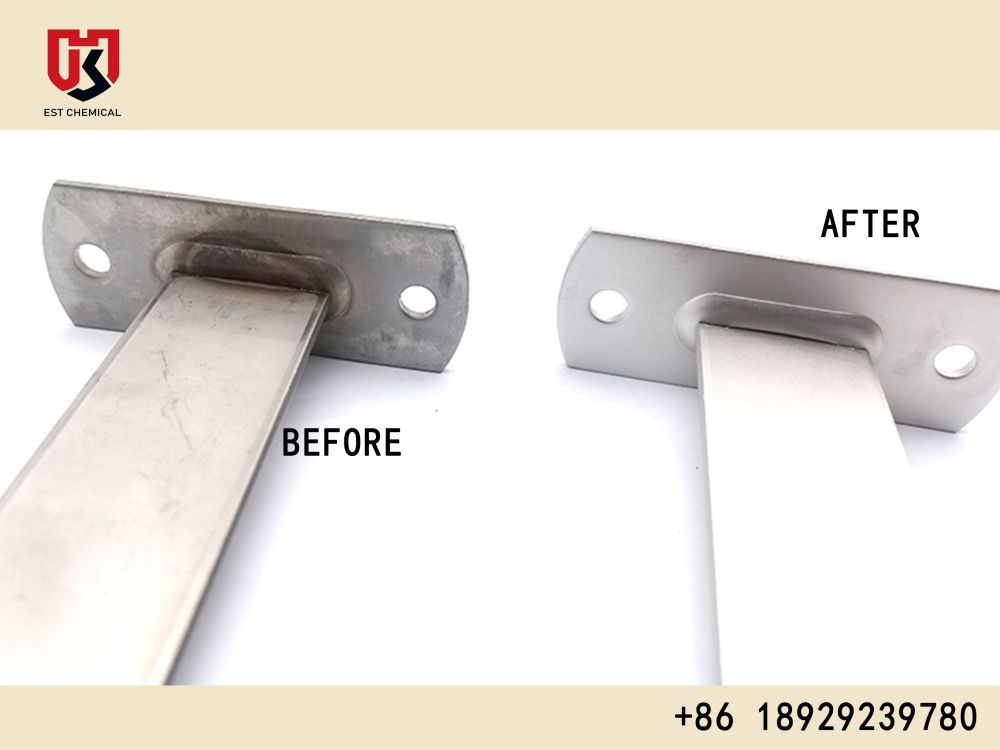
Introduction to Stainless Steel Pickling Fundamentals
Pickling is a conventional method employed for the purification of metal surfaces. Typically, workpieces are immersed in an aqueous solution containing sulfuric acid, among other agents, to effectuate the removal of oxide films from the metal surface. This process serves...Read more -
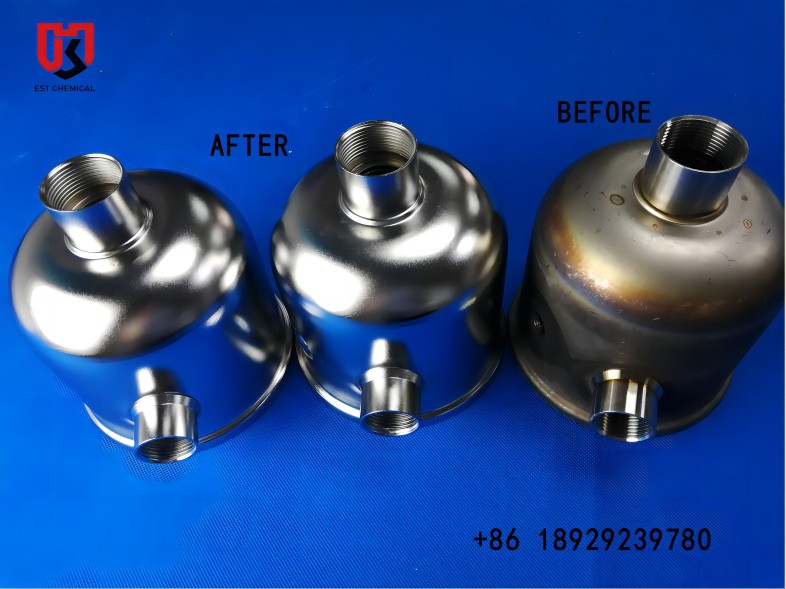
Stainless steel environmental protection (chromium-free) passivation solution
When the workpiece needs a long time of storage and transportation, it is easy to produce corrosion, and the corrosion product is usually white rust. The workpiece should be passivated, and the common passivating method is chromium-free passivation. So ...Read more -
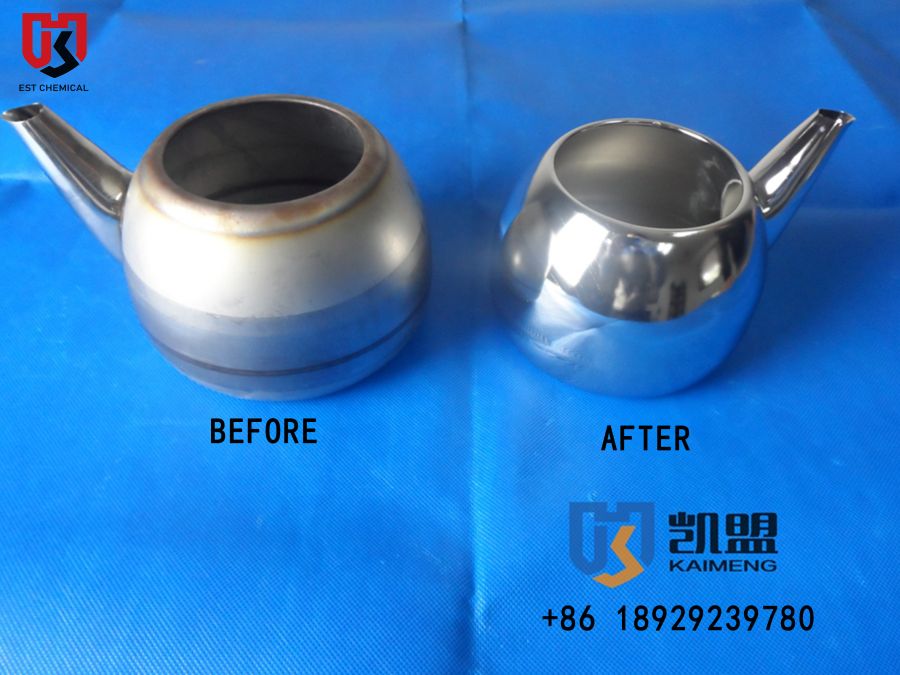
Share four common corrosion that people tend to overlook
1.Condenser water pipe dead Angle Any open cooling tower is essentially a large air purifier that can remove a variety of air pollutants. In addition to microorganisms, dirt, particles, and other foreign bodies, mild but highly oxygenated water also significantly improve...Read more -
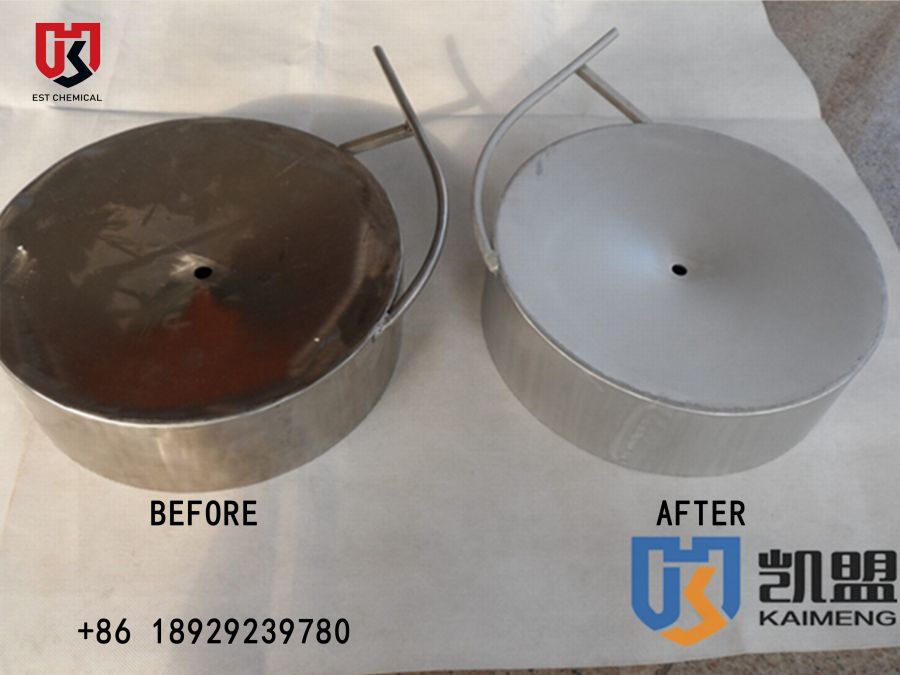
Differences Between Austenitic Stainless Steel and Ferritic Stainless Steel
Ferrite is a carbon solid solution in α-Fe, often represented by the symbol "F." In stainless steel, "ferrite" refers to the carbon solid solution in α-Fe, which has a very low carbon solubility. It can only dissolve about 0.0008% carbon at room temperature and...Read more -
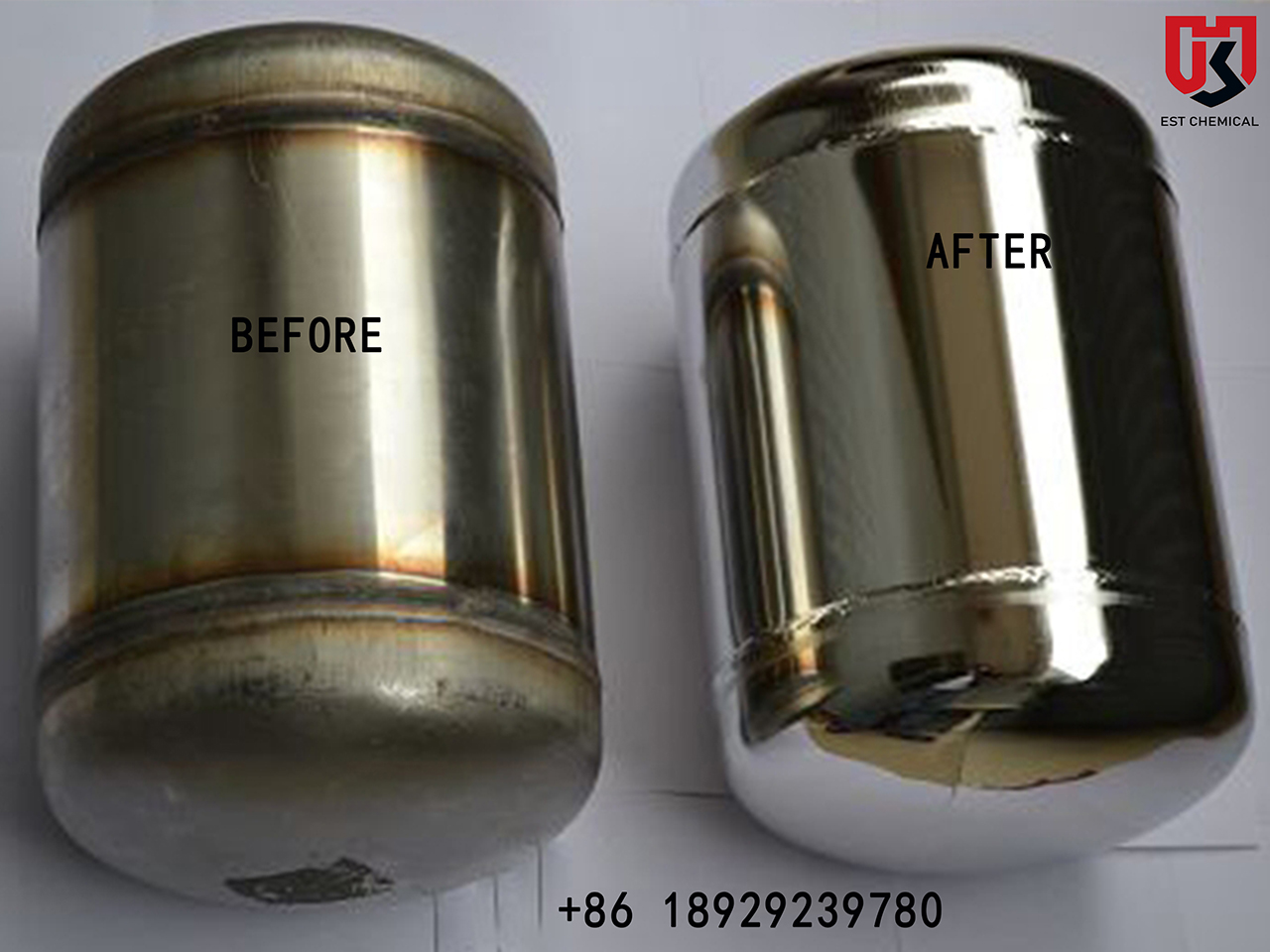
Can a Magnet Be Used to Determine the Authenticity of Stainless Steel?
In everyday life, most people believe that stainless steel is non-magnetic and use a magnet to identify it. However, this method is not scientifically sound. Firstly, zinc alloys and copper alloys can mimic the appearance and lack magnetism, leading to the mistaken belie...Read more -
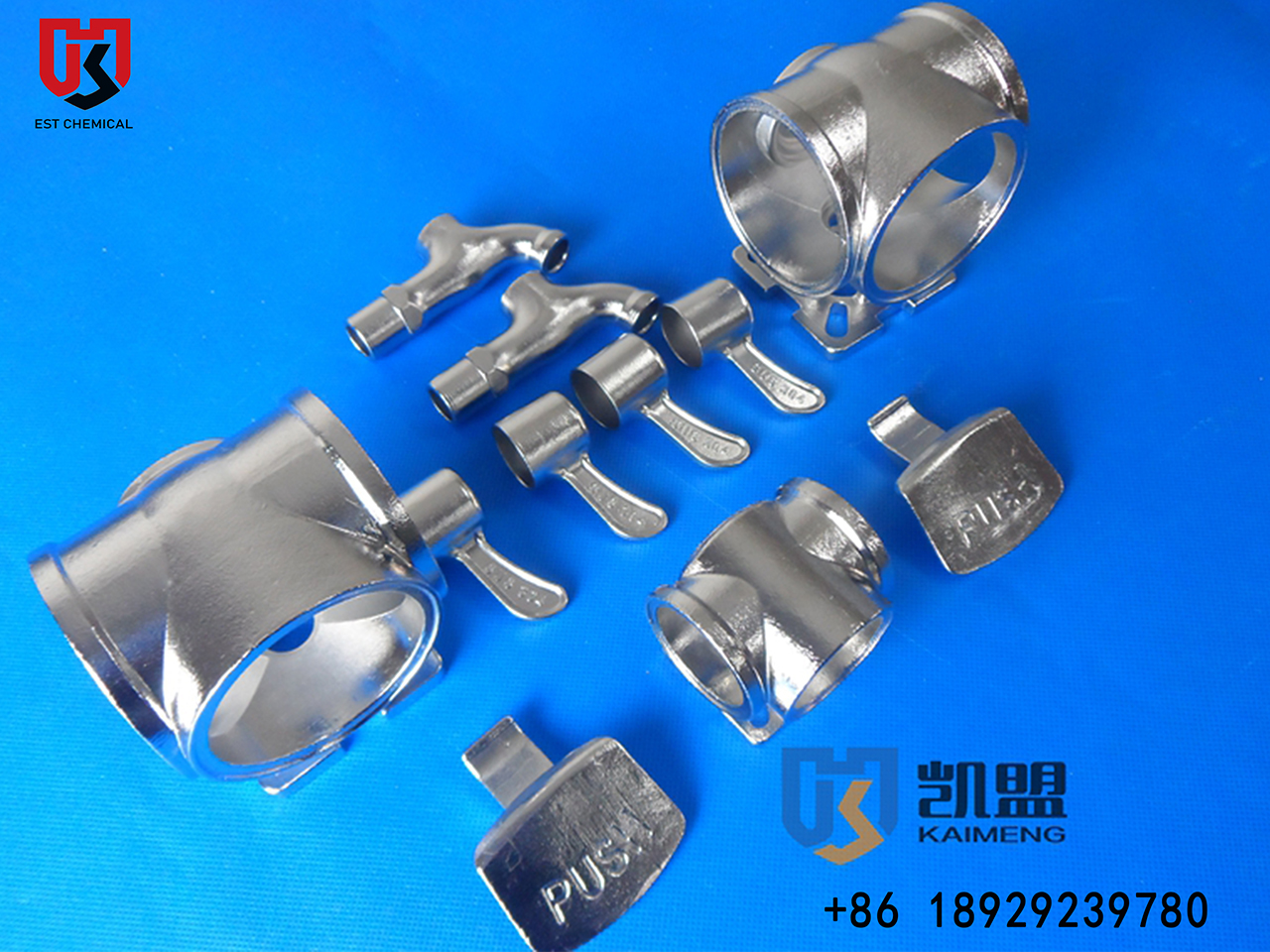
Usage Precautions for Stainless Steel Pickling and Passivation Solution
In the stainless steel surface treatment process, a common method is pickling and passivation. Pickling and passivation of stainless steel not only make the surface of stainless steel workpieces look more attractive but also create a passivation film on the stainless ste...Read more -
The advantages of metal passivation treatment
Improved Corrosion Resistance: Metal passivation treatment significantly enhances the corrosion resistance of metals. By forming a dense, corrosion-resistant oxide film (typically chromium oxide) on the metal surface, it prevents the metal from coming into contact with ...Read more -
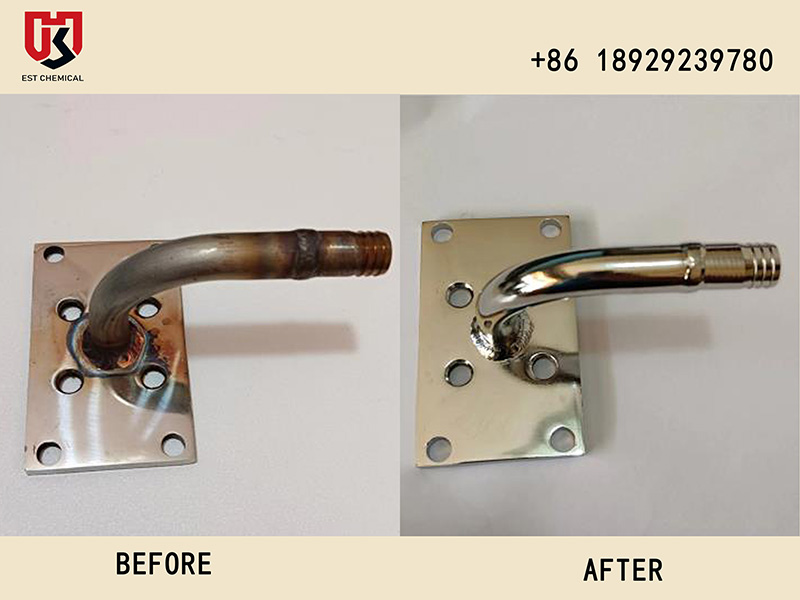
Principle and Process of Stainless Steel Electrolytic Polishing
Stainless steel is a commonly used metal material in our daily lives, with a wide range of applications. Consequently, polishing and grinding are also widely employed. There are various methods of surface treatment, including flat grinding, vibratory grinding, magnetic...Read more -

What are the advantages of metal passivation treatment?
Passivation treatment is an important process in metal processing that enhances corrosion resistance without altering the metal's inherent properties. This is one of the reasons why many businesses choose passivation. Compared to traditional physical sealing methods, pas...Read more -
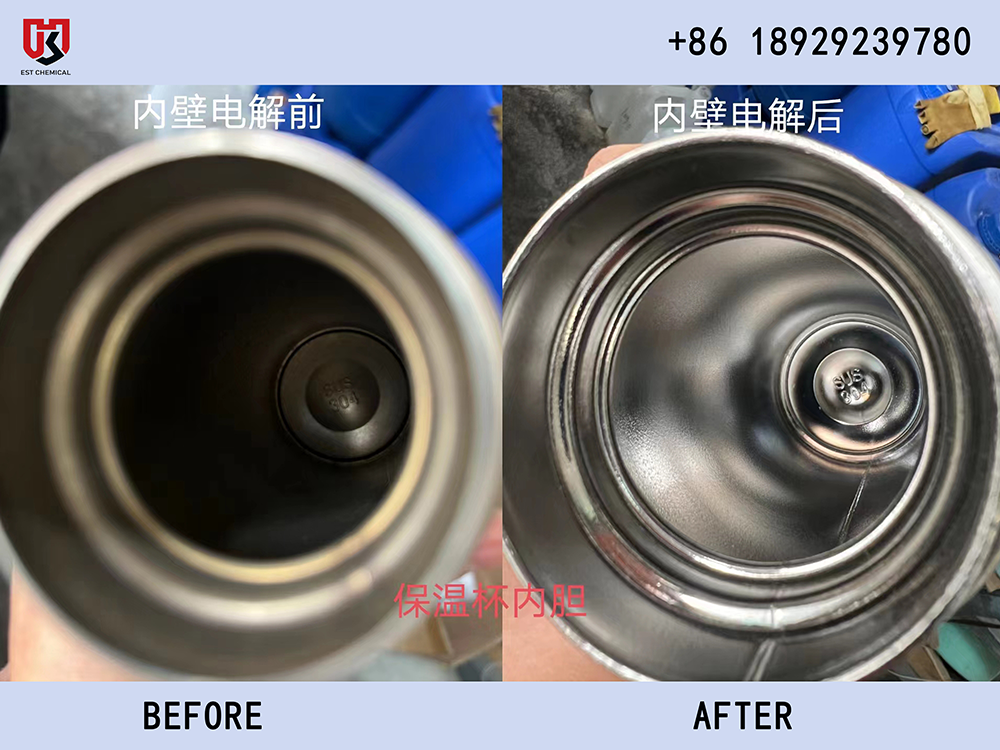
Salt Spray Corrosion Principles
The majority of corrosion in metal materials occurs in atmospheric environments, which contain corrosion-inducing factors and components such as oxygen, humidity, temperature variations, and pollutants. Salt spray corrosion is a common and highly destructive form of atmo...Read more
